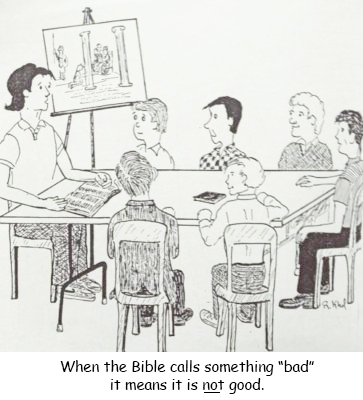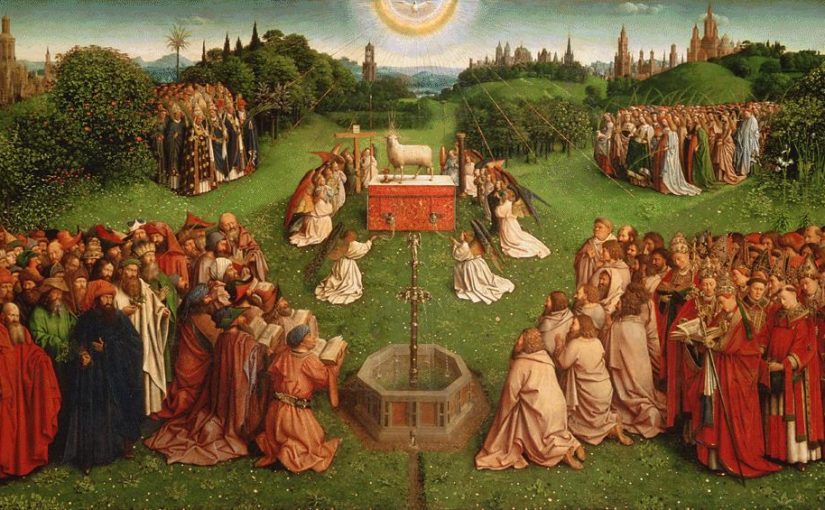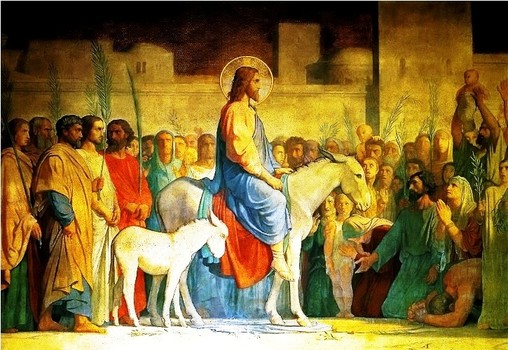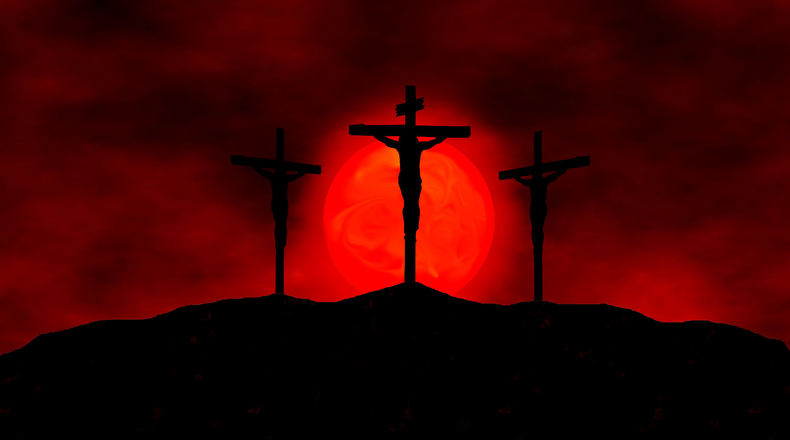And from Jesus Christ, the faithful witness, the firstborn from the dead,
and the ruler over the kings of the earth…
Revelation 1:5
As a student of history and an observer of modern politics, I’m unimpressed with world leaders whom others have labeled “Great.” Many have conquered the world or changed society dramatically, but much of their power came from back-room deals, lies, and treachery. Too often, this political axiom proves itself to be true: “Power tends to corrupt and absolute power corrupts absolutely” (John Dalberg-Acton, 1832-1902).
Arrogance is another characteristic of these “Greats” that just grates on me. To me, their blatant, unabashed pride of who they are and what they’ve done is very off-putting. Adolf Hitler, Pol Pot, and Genghis Khan never admitted any wrongdoing. Instead, they felt their actions were noble and just. That’s just wrong.
All the famous and powerful people of this world, both past and present, would never be concerned about my opinion about them, even though I know something they don’t. That’s why I take comfort in the fact that Jesus Christ is the Ruler Over the Kings of the Earth.
One day, Christ will come in His glory. On that day, the souls of all these important people, whose names I had to memorize in history class, will be brought before the King of kings. All of them will bow down on their knees before Him, and every tongue will confess that Jesus Christ is Lord.
I let my imagination run wild and can see Alexander the Great trying to hide himself. I see Pontius Pilate trembling before the Lord. I wouldn’t be surprised to see Nero weeping for his sins or Hitler submitting himself to Christ.
As far as the world is concerned, I’m just another nameless, faceless nobody that clutters up the planet. As far as Jesus is concerned, I’m a child of God, and I’ll be with Him on Judgment Day. I’m looking forward to seeing all the somebodies on earth brought before the Great White Throne when Christ reveals Himself as the Ruler Over the Kings of the Earth.
June 21









